Have you ever considered a career that allows you to make a real difference in the lives of others? If so, then becoming a special education teacher could be the perfect path for you! Here in Australia, there's a growing demand for passionate and qualified educators to support students with diverse learning needs. Think about it – according to the NSW Department of Education, a significant portion of students benefit from additional support in the classroom.
So, what exactly is Special Education? It's all about providing targeted support to students with learning difficulties, disabilities, or giftedness. Special Education teachers create inclusive learning environments where students feel valued and empowered to succeed. Imagine the impact you could have – helping a student overcome challenges, discover their strengths, and blossom with confidence! It's truly a chance to make a lasting difference in their lives.
So, if you're looking for a challenging and incredibly fulfilling career, read on to explore the exciting world of specialise education teaching in Australia!
Qualifications & Training to Become a Special Needs Teacher
Being passionate about making a difference in the lives of students with disabilities is excellent! The first step is to prepare yourself with the necessary qualifications and training to become a special education teacher in Australia.
Let's break it down:
Bachelor's Degree: This is the standard pathway for desiring special education teachers. You'll need to complete a Bachelor of Education qualification with a major in Special Education. These programs typically take four years of full-time study and provide a comprehensive foundation in teaching methodology, curriculum development, and the specific needs of students with disabilities.
Alternative Pathways: Already have a teaching qualification? Don't worry, you can still transition into special education! Consider pursuing a postgraduate qualification like a Master of Education in Special Needs. This option builds upon your existing teaching skills and provides you with specialized knowledge and strategies for working with students with disabilities.
Registration & Accreditation: Once you've completed your studies, registration is mandatory to work as a teacher in Australia. This involves registering with the Australian Institute for Teaching and School Leadership (AITSL). This will be your official license to teach!
Going the Extra Mile: Special Requirements for Special Education Teachers?
While there aren't typically additional registration requirements specifically for special education teachers in Australia, some states may have specific policies or guidelines related to initial teacher education and teacher registration. Here's a tip: Always check with the relevant education department in your state for any additional requirements or ongoing professional development expectations.
Beyond Education and Training: Skills and Knowledge
Becoming a special education teacher is about more than just having the right qualifications on paper; it involves comprehensive education courses in special and inclusive education. Here are some key skills that will make you a truly exceptional educator:
Patience & Empathy: Working with special needs students requires a deep well of patience and a genuine understanding of their unique challenges.
Strong Communication: The ability to communicate effectively with students, parents, and colleagues is crucial for building positive relationships and ensuring successful learning outcomes.
Collaboration: Special education teachers often work collaboratively with other educators, therapists, and support staff to create individualized learning plans for each student.
Creating Inclusive Learning Environments: Your classroom should be a welcoming and inclusive space where all students feel valued and supported in reaching their full potential.
Expanding Your Inclusive Education
While a Bachelor's degree with a Special Education major is the standard pathway, there are additional qualifications you can consider to truly excel in this rewarding field. Let's explore some options that can give you an extra edge:
1. Trainer Assessor Course: TAE40122 Certificate IV in Training and Assessment:
This nationally recognized qualification, offered by institutions like Learning Options, is a great way to build a strong foundation in teaching skills and curriculum development.
Even if you don't have a formal education background, this program trains you with the practical knowledge of how to effectively plan, deliver, and assess learning experiences. Think of it as a stepping stone to a special education career or a valuable add-on if you're transitioning from another field.
2. Diploma of Training Design and Development (T&D):
Looking to go beyond the basics and become a whiz at creating engaging learning materials for diverse learners? Then the Diploma of Training Design and Development might be the perfect fit! This qualification provides the world of instructional design, teaching you how to customize learning experiences to individual needs and learning styles.
Imagine developing differentiated lesson plans, crafting accessible resources, and utilizing technology to support students with disabilities – this Diploma can train you with those skills. The Australian Skills Quality Authority (ASQA) website provides a comprehensive description of the Diploma of Training Design and Development, including its learning outcomes and employment opportunities.
3. Diploma of Vocational Education and Training:
Launch your teaching career with a Diploma of Vocational Education and Training (VET)! This nationally recognized qualification supplies you with the skills to become a VET trainer or assessor, guiding students towards success in specific trades or industries. Develop strong teaching skills, industry-focused knowledge, and practical approaches to curriculum development and assessment – all tailored to the VET environment.
Whether you're a skilled tradesperson, an experienced professional, or someone with a wealth of practical knowledge, this program can help you translate your expertise into a rewarding teaching career.
Finding Your Ideal Teaching Career
Now that you have the qualifications and skills, it's time to find your ideal teaching role! The beauty of special education is the variety of settings you can work in. Here are some options to consider:
Schools with Support Programs: Many schools have dedicated support units staffed by special education teachers. You'll collaborate with other educators to create inclusive learning environments and provide targeted support for students with diverse needs within a regular classroom setting.
Special Schools: These schools serve specifically students with disabilities and offer a more specialized learning environment. Here, you'll likely work with smaller class sizes and develop individualized learning plans tailored to each student's unique needs.
Early Childhood Intervention Centres: If you have a passion for working with young children, early intervention centres are a great option. You'll play a crucial role in identifying developmental delays and providing early support to ensure a strong foundation for learning.
Salary expectations can vary depending on location, experience level, and the type of school. Generally, special education teachers in Australia can expect a Salary range between $95,000 and $105,000 per year.
Ready to Launch Your Job Search?
Here are some tips to help you land your dream role:
Resume and Cover letter: Highlight your qualifications in special education, relevant teaching experience, and any specific skills.
Target your application: Modify your resume and cover letter to the specific needs and student population of the school you're applying to.
Search online job boards: Popular platforms like Seek and Indeed often advertise special education teaching positions.
Connect with professional organizations: The Australian Council for Educational Research (ACER) is a valuable resource for information and job opportunities, so consider becoming a member.
Ready to take the first step? Start exploring your training options. Here at Learning Options, we offer a range of high-quality qualifications designed to fit you with the knowledge and skills you need to succeed in this rewarding field. Whether you're seeking a foundational Certificate IV or want to have a specialized Diploma, LOP has something to suit your needs and career aspirations.
We understand the dedication and passion it takes to become a special education teacher. That's why we are committed to providing you with the support and resources you need every step of the way. Our experienced trainers will guide you through your chosen program, ensuring you feel confident and prepared to make a positive difference in the lives of your students.
So, are you ready to launch this exciting journey in special needs education?
Contact Learning Options Today!
FAQ
1. What exactly does a special needs teacher do?
Answer: Special education teachers provide targeted support to students with diverse learning needs, including disabilities or giftedness. They create inclusive learning environments, develop individualized learning plans, and empower students to succeed despite challenges.
2. What qualifications are needed to become a special education teacher in Australia?
Answer: The standard pathway is to complete a Bachelor of Education with a major in Special Education. Alternatively, if you already have a teaching qualification, you can pursue a postgraduate qualification like a Master of Education in Special Needs.
3. Are there any additional registration requirements for special needs education teachers in Australia?
Answer: While there aren't typically additional registration requirements specifically for special education teachers, it's essential to check with the relevant education department in your state for any specific policies or ongoing professional development expectations.
4. How can I become a Learning Support Teacher in Australia?
Answer: The most frequent approach to becoming a learning support officer is to take nationally recognized LSO training. To become an LSO, you will need to create a résumé and work at multiple schools until a position becomes available.
5. What exactly is the duty of an inclusive teacher?
Answer: The Inclusive Education teacher is a member of the teaching staff who, as a member of the Inclusive Education Team, is specifically responsible for collaborating with other instructors to meet the learning requirements of identified students in all classrooms.

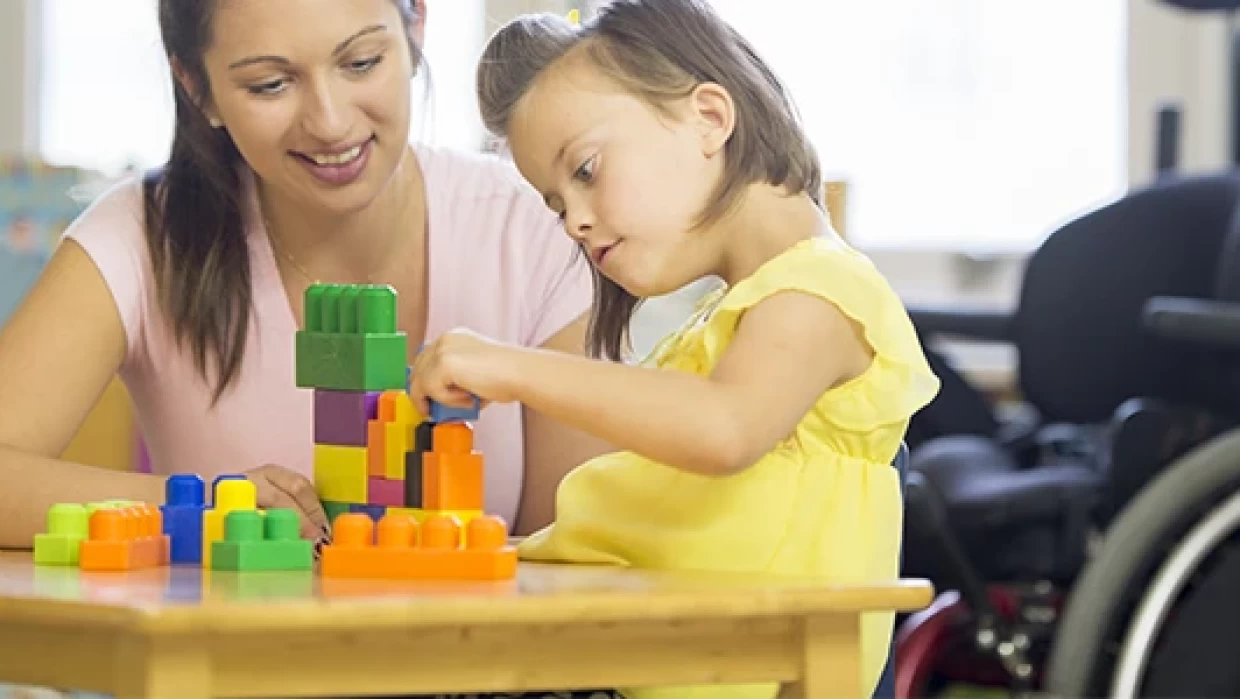
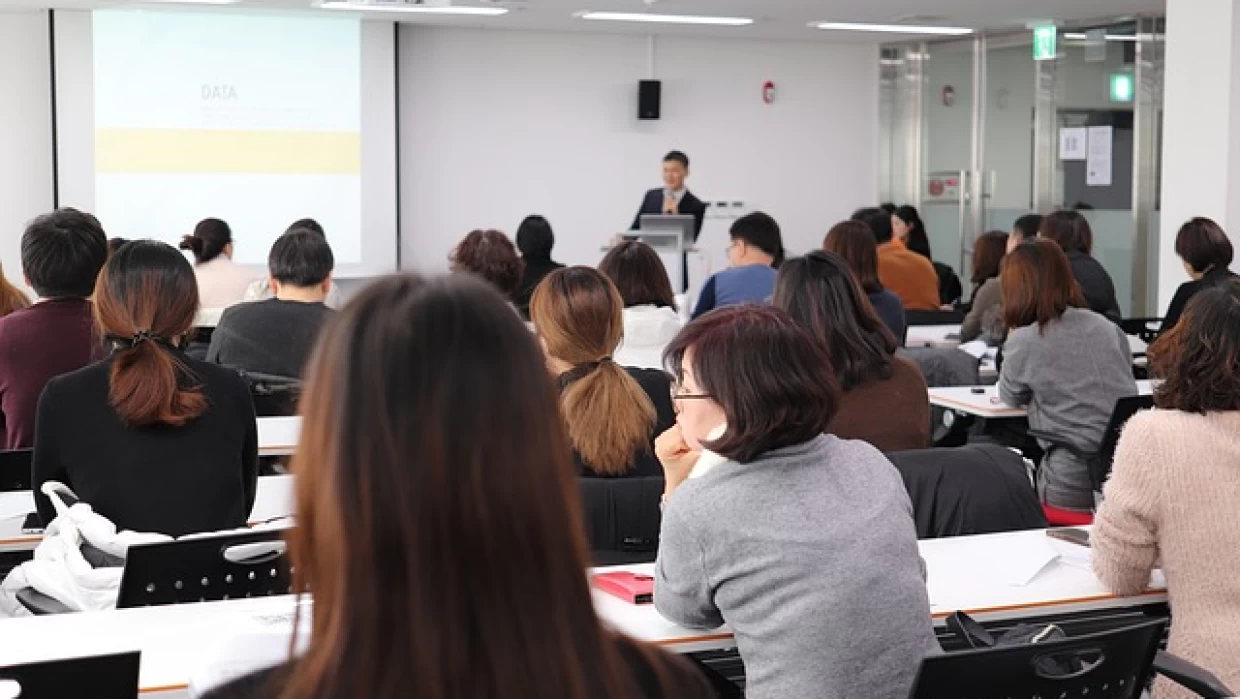



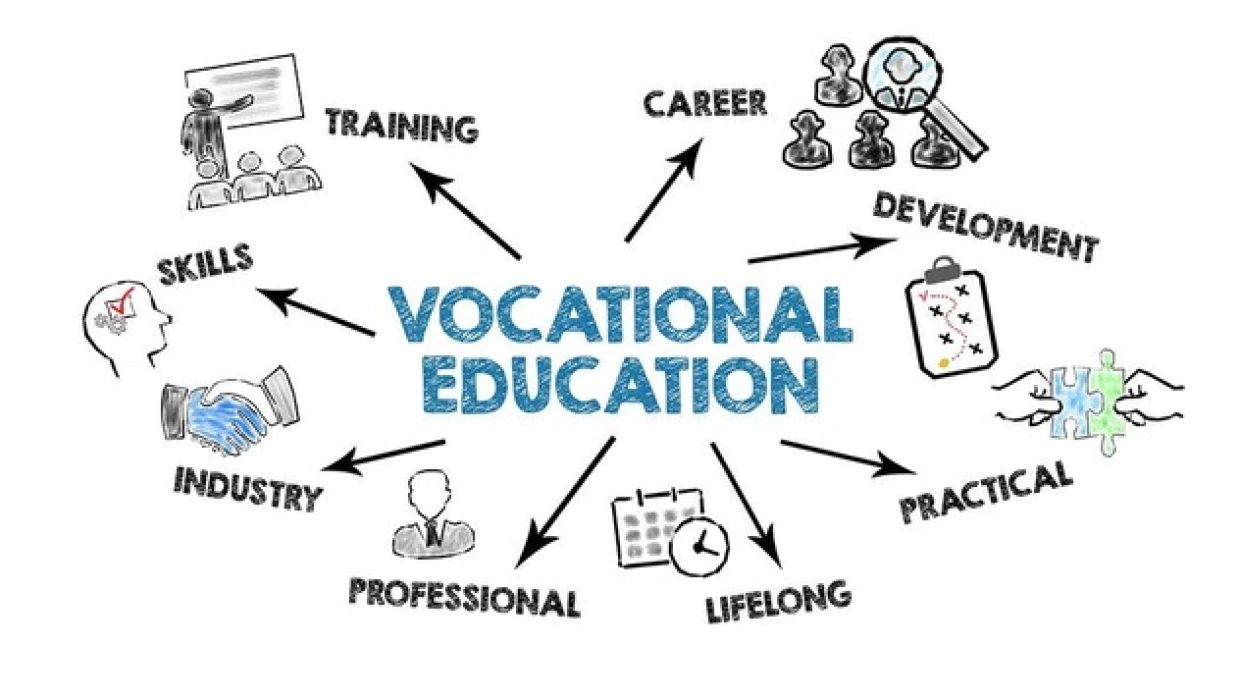
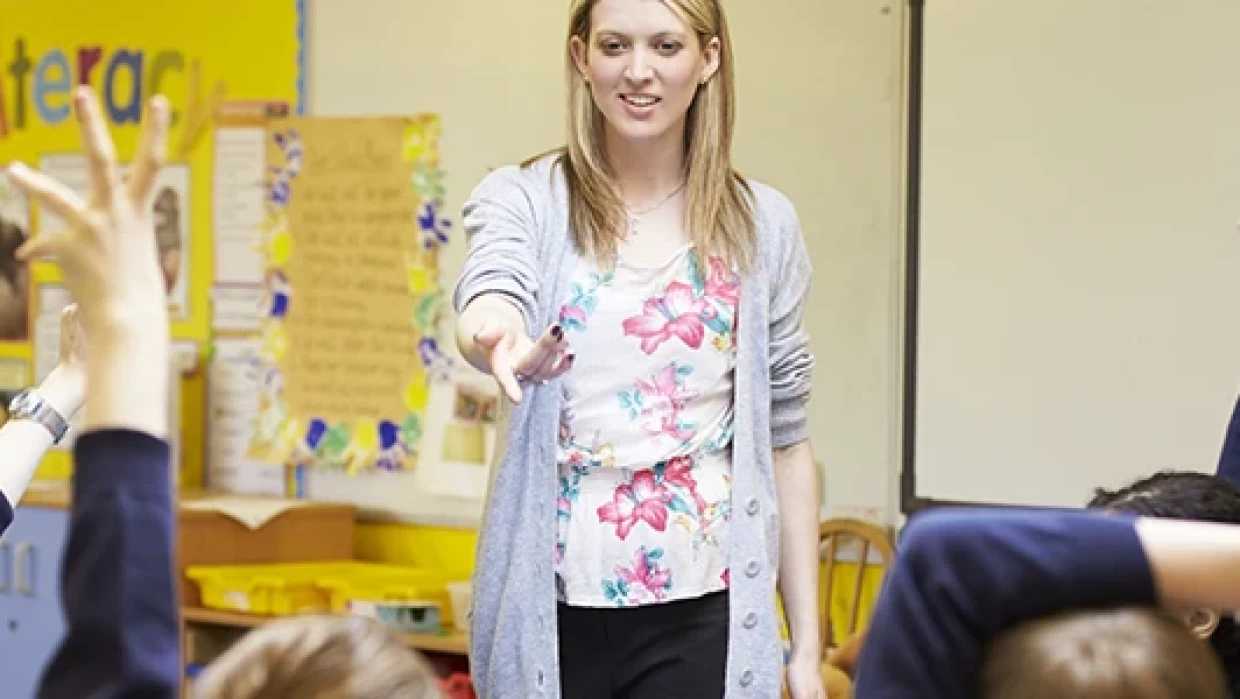

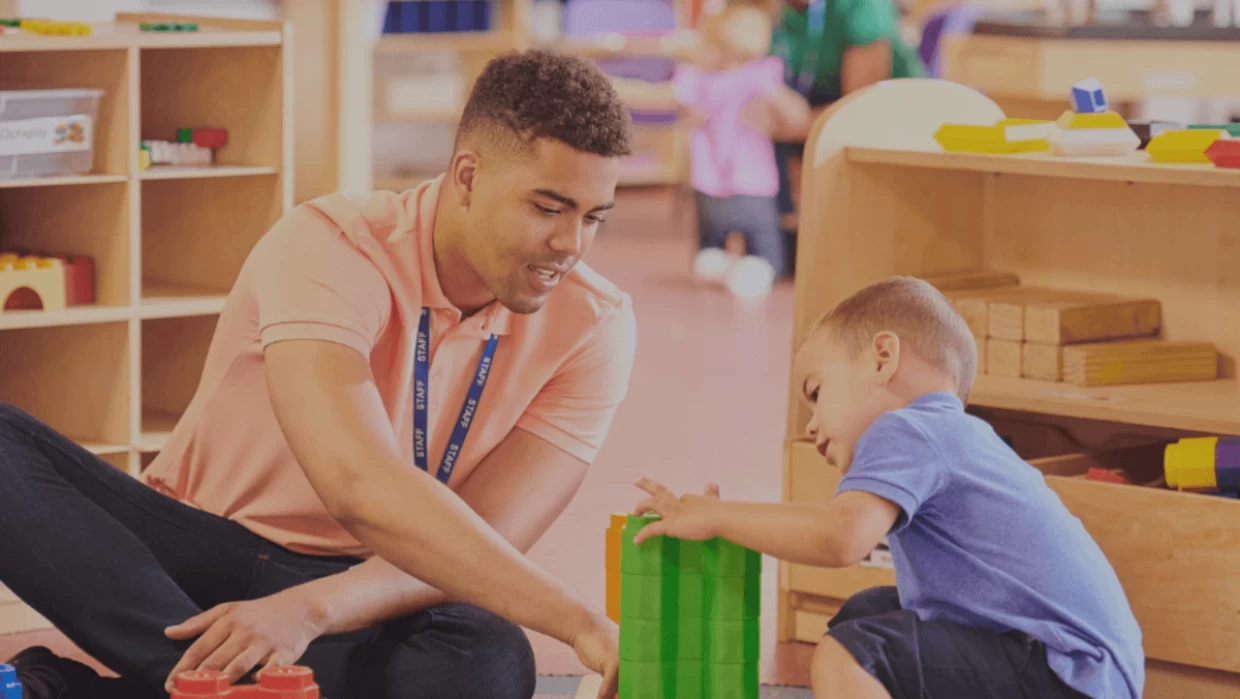

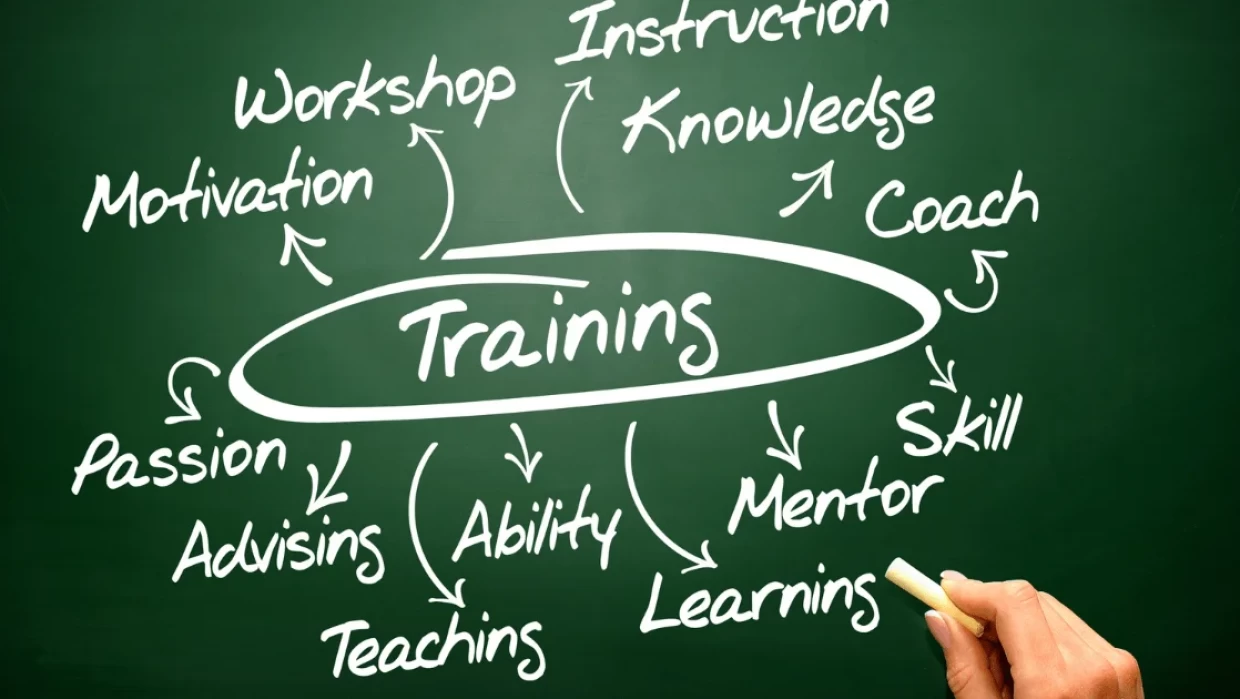

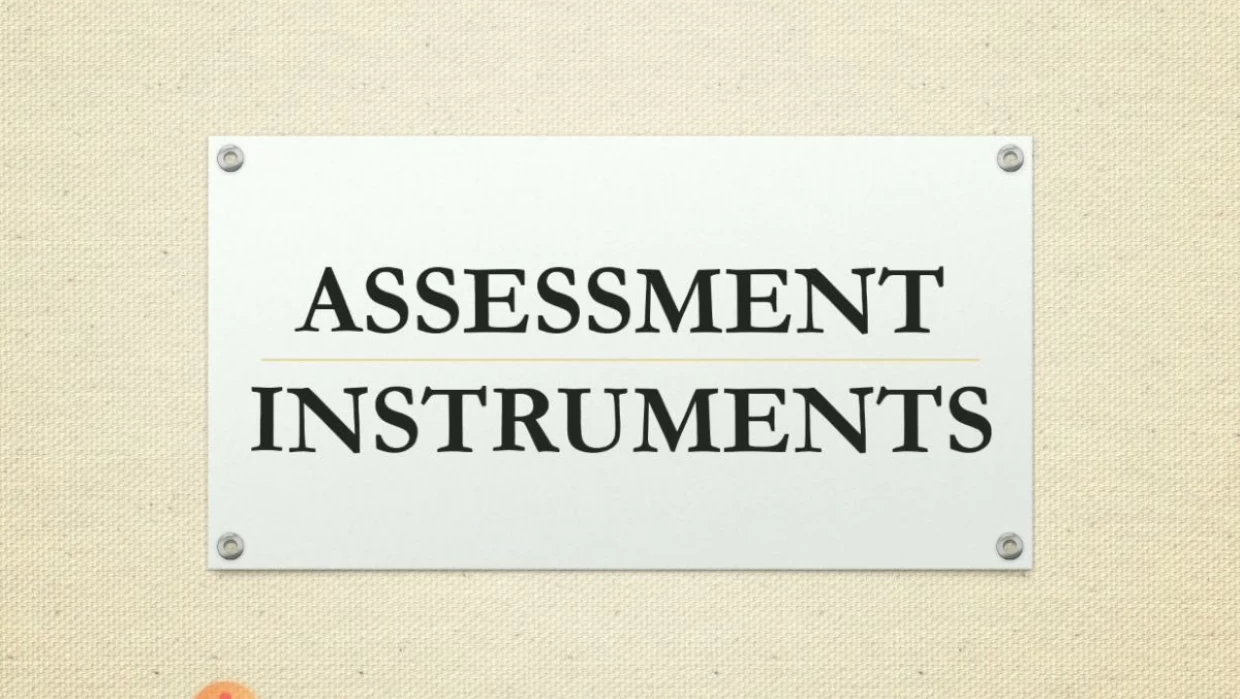
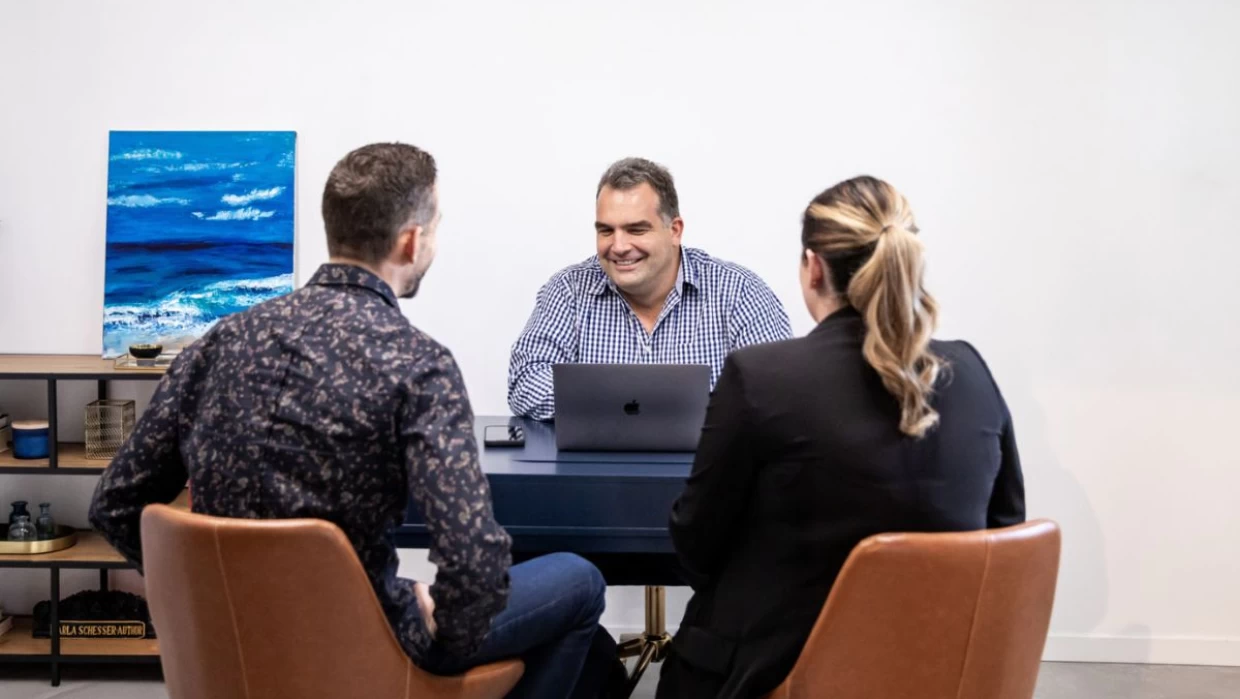

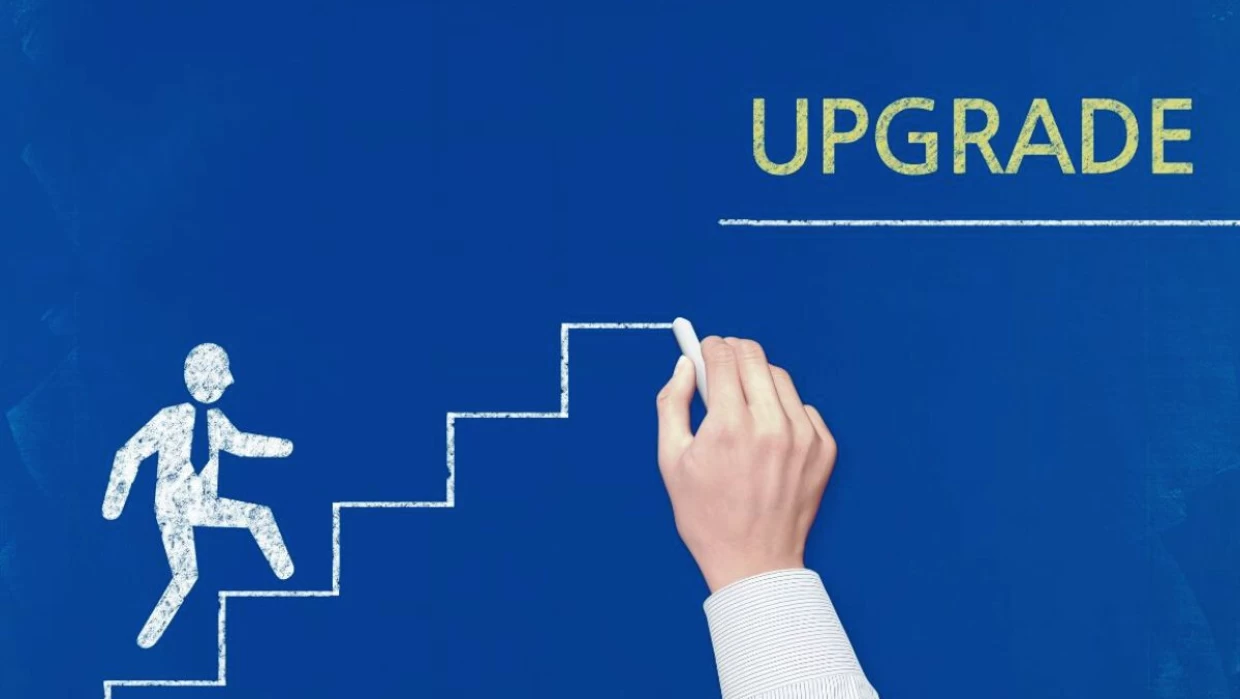
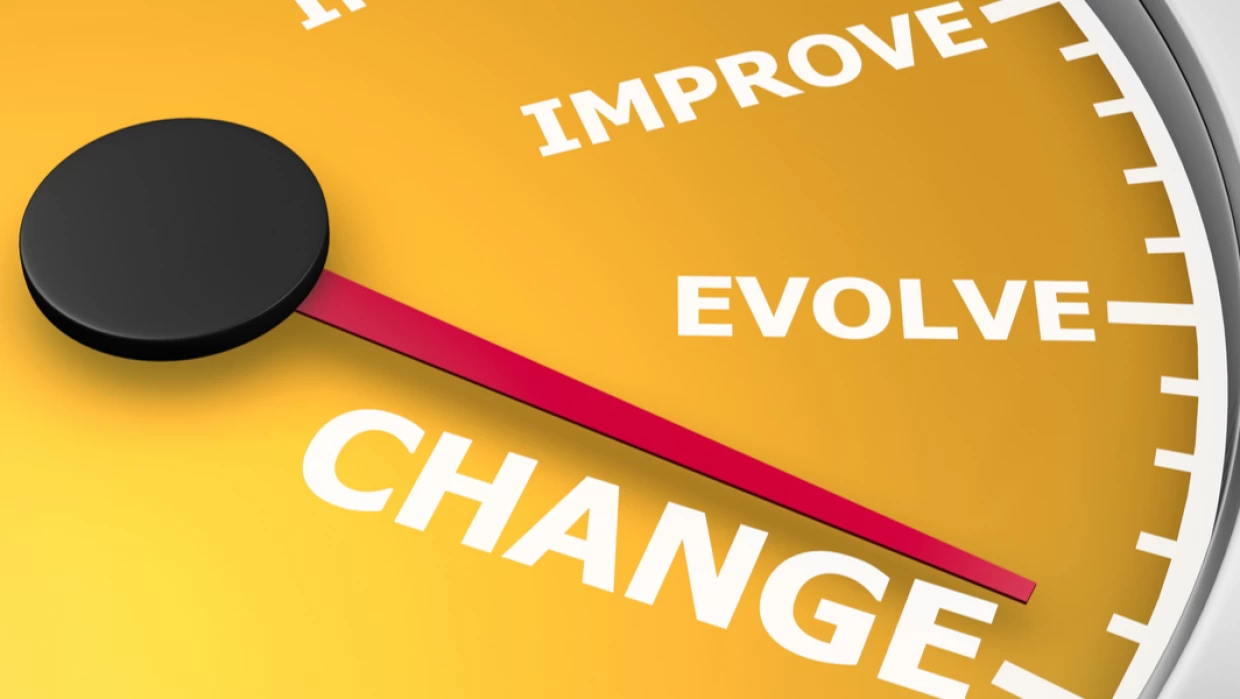
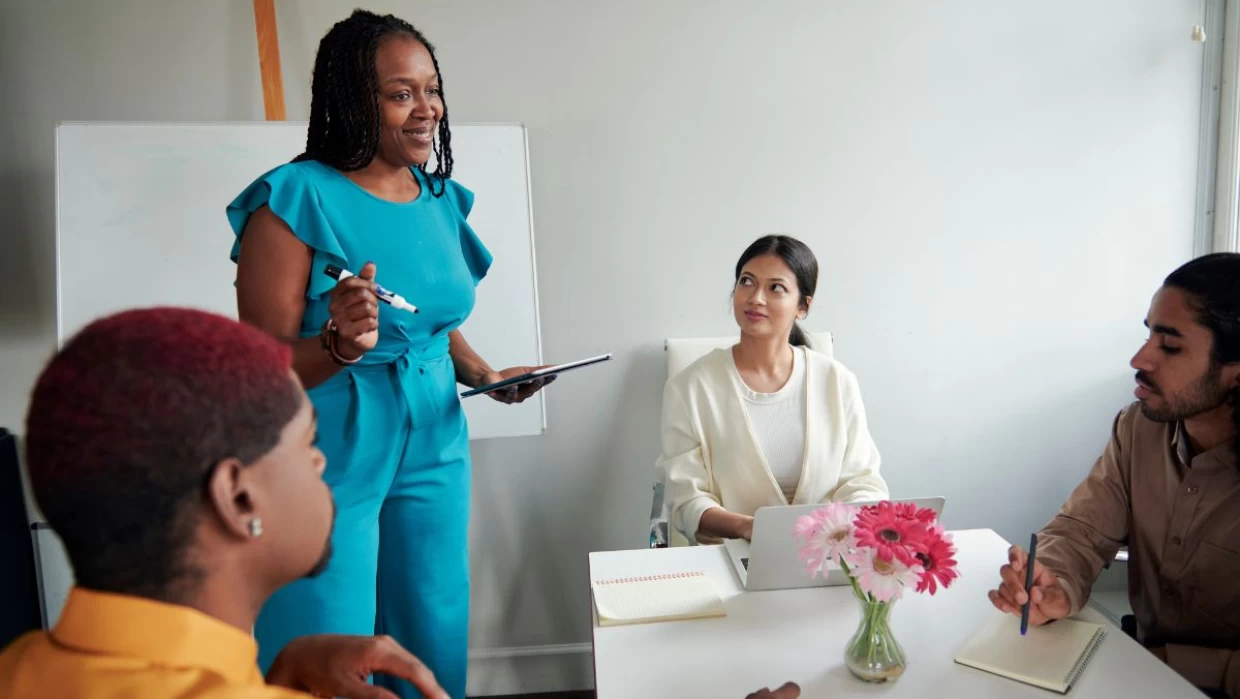
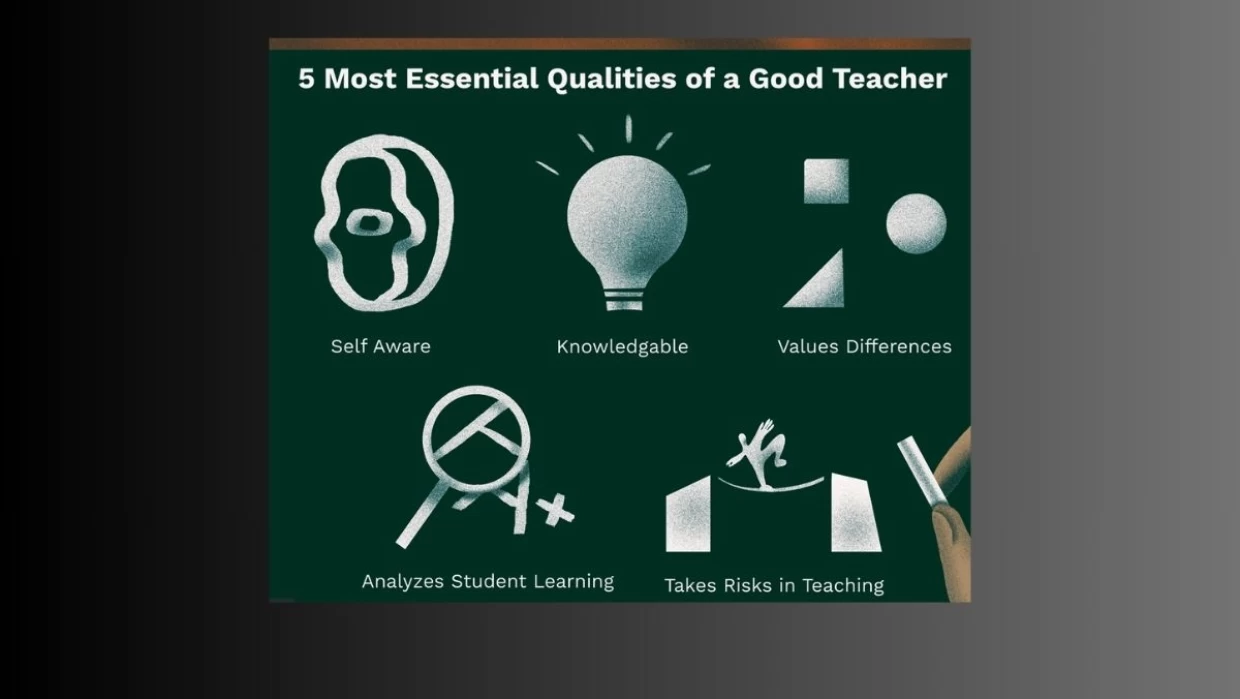
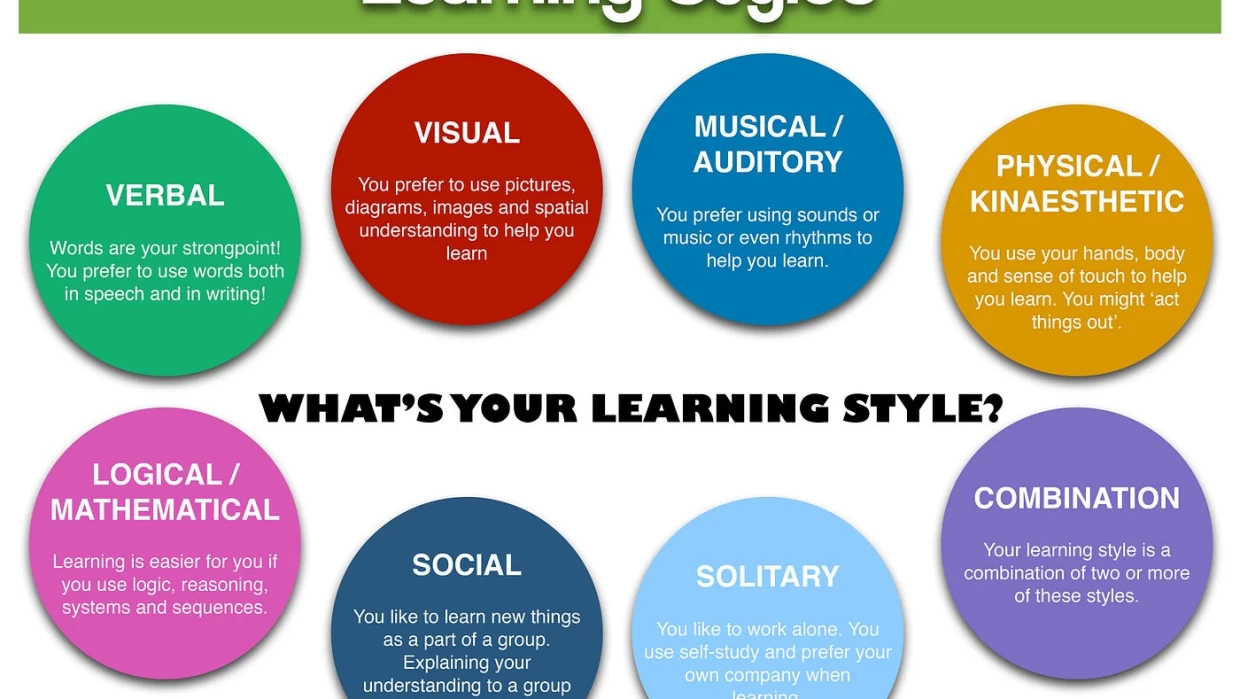
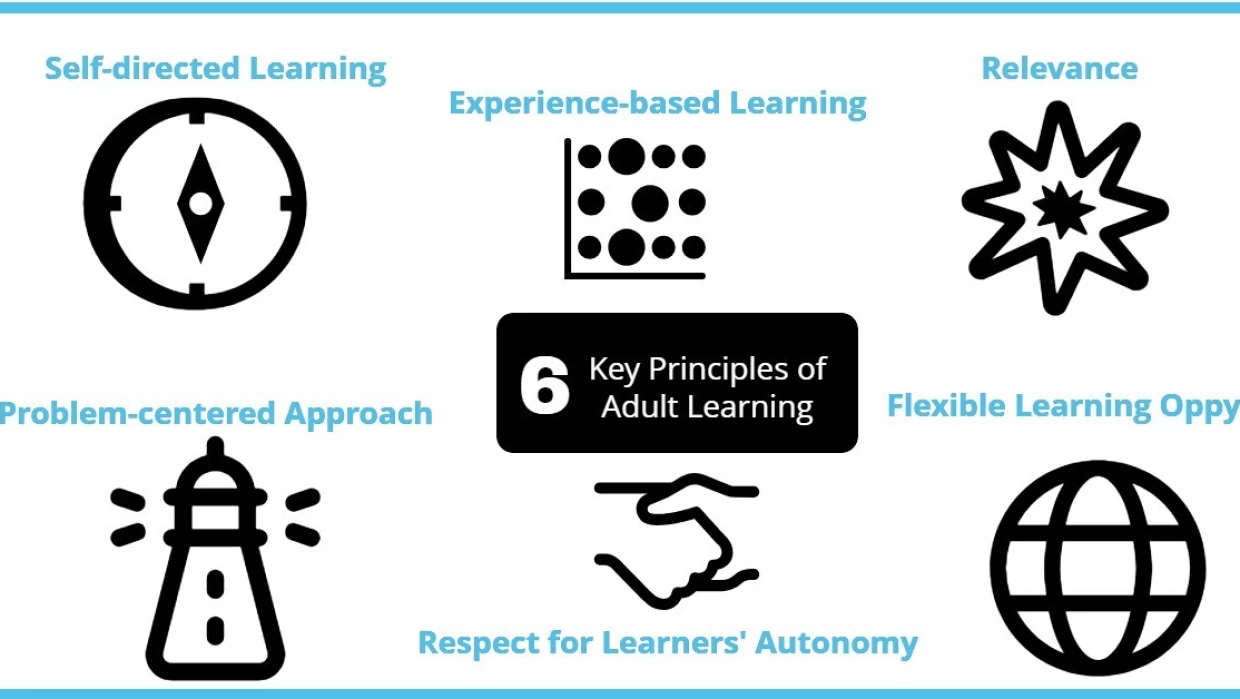
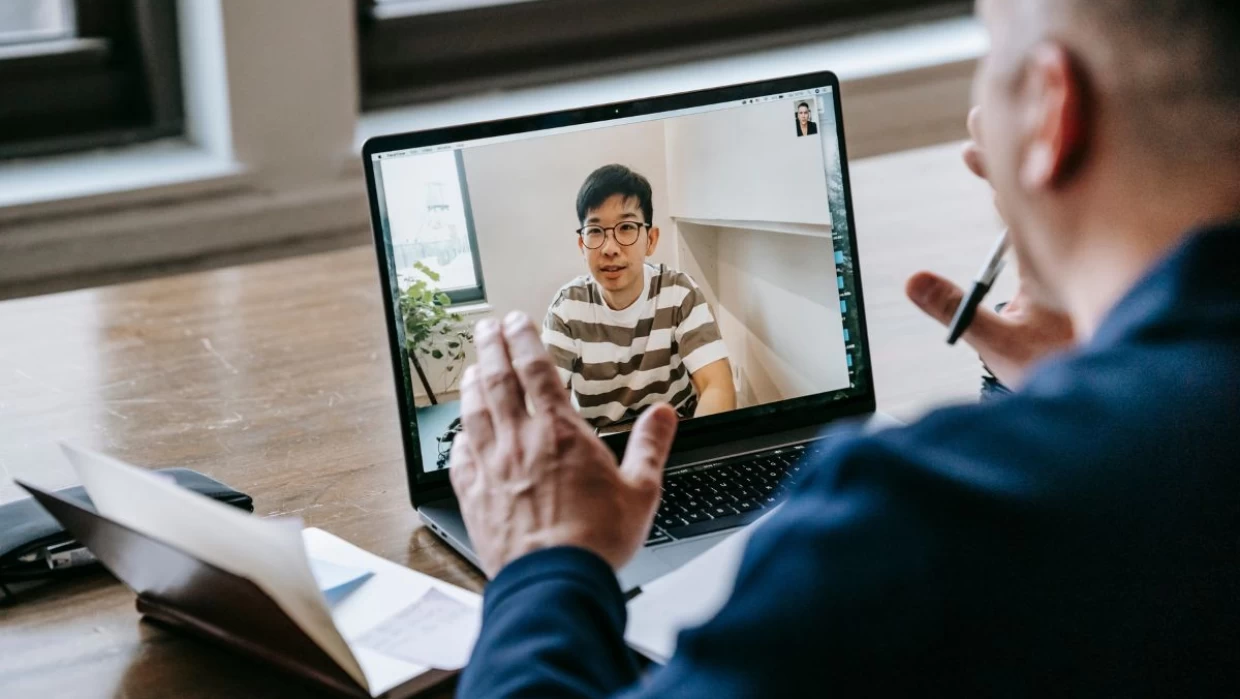

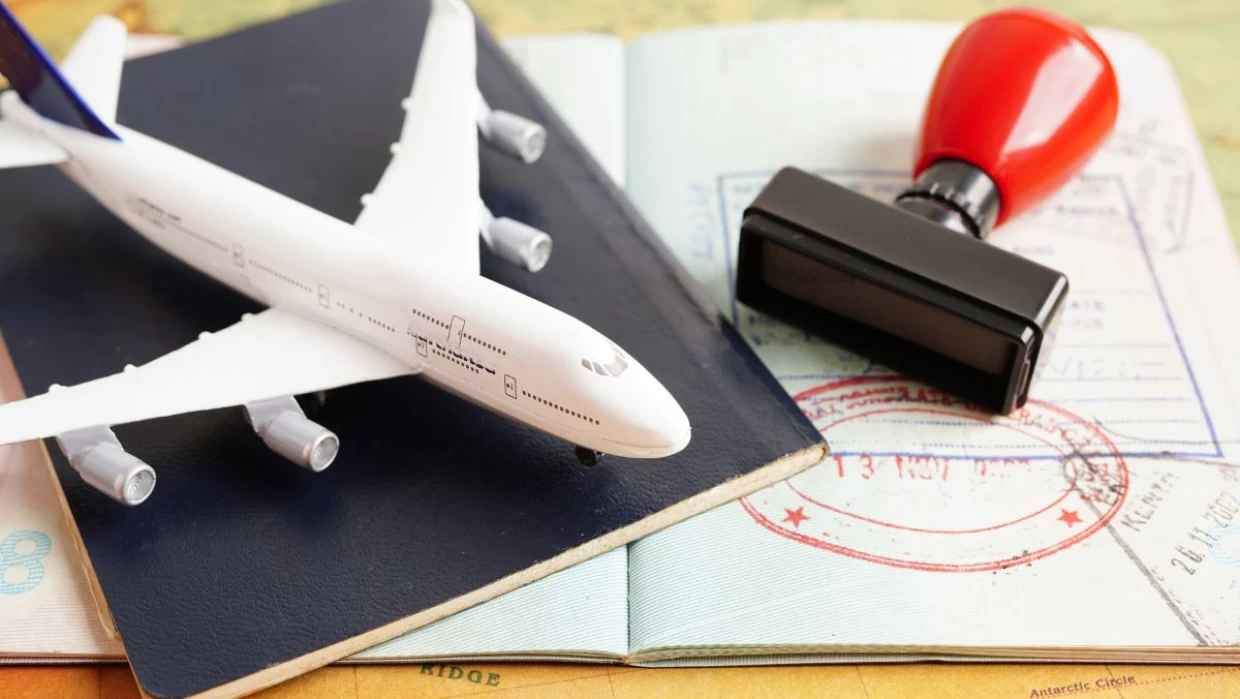
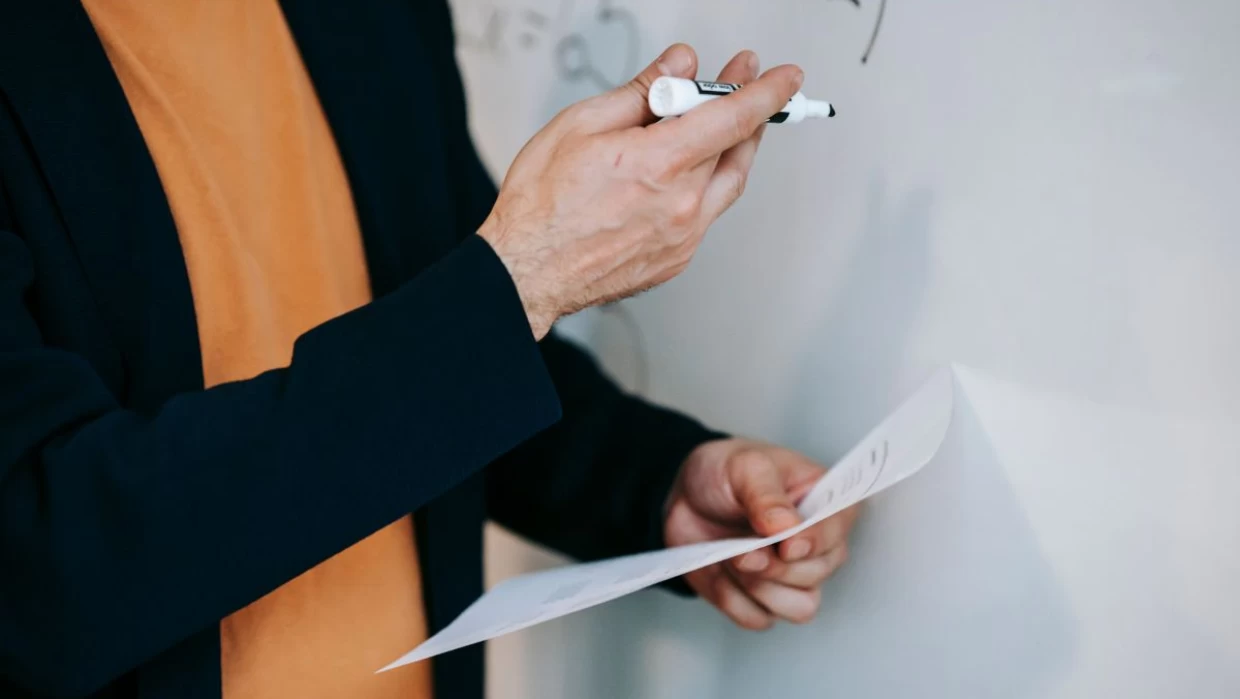

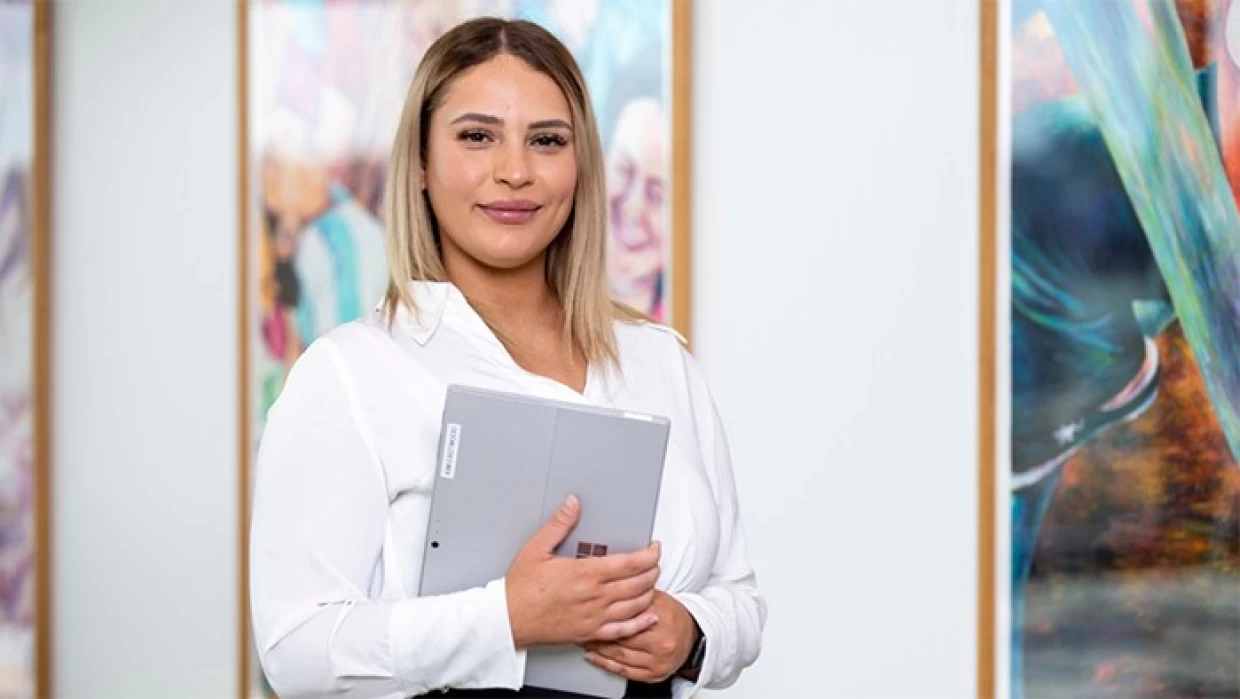








We would be delighted if you could get in touch with us.
Your email address will not be published. Required fields are marked